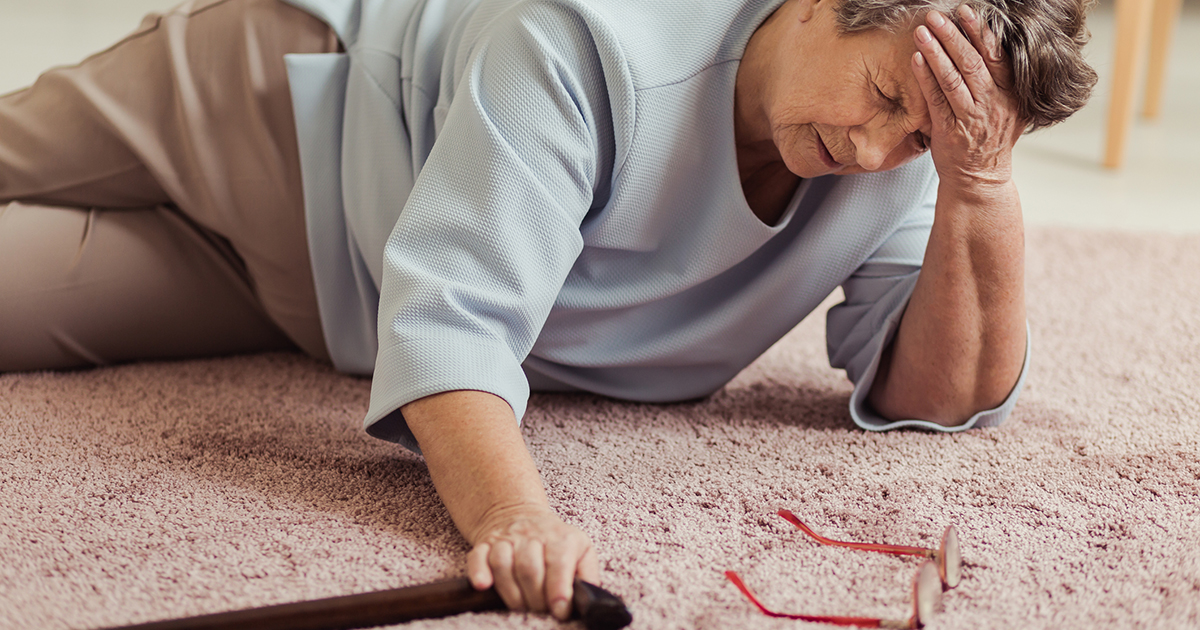Huntington's Disease Causes And Diagnosis
Risk Factors

Since Huntington's disease is usually based on genetic inheritance, there is nothing a person can do to prevent themselves from getting the disease. If a Huntington's patient has children, we know the children have a fifty percent chance of developing the condition themselves. Once cases of Huntington's disease develop, patients also have increased risk factors for depression and suicide. In later stages, risks of falls become an issue. Because of chorea and other movement symptoms, especially when severe, patients may find it impossible to perform daily tasks they formerly had no trouble completing. Patients may also lose a tremendous amount of weight. Difficulties with swallowing puts patients at risk of choking in the late stages of Huntington's. Cardiovascular and heart disease often become complicating factors that cause death. Once in the later stages of the disease, patients often need nursing care to protect them from these risk factors. Data also suggests when Huntington's is inherited from the father, more CAG repeats are often present, which increases the chances of an earlier onset of the disease and more severe symptoms.
Continue reading to learn about diagnosing Huntington's disease next.